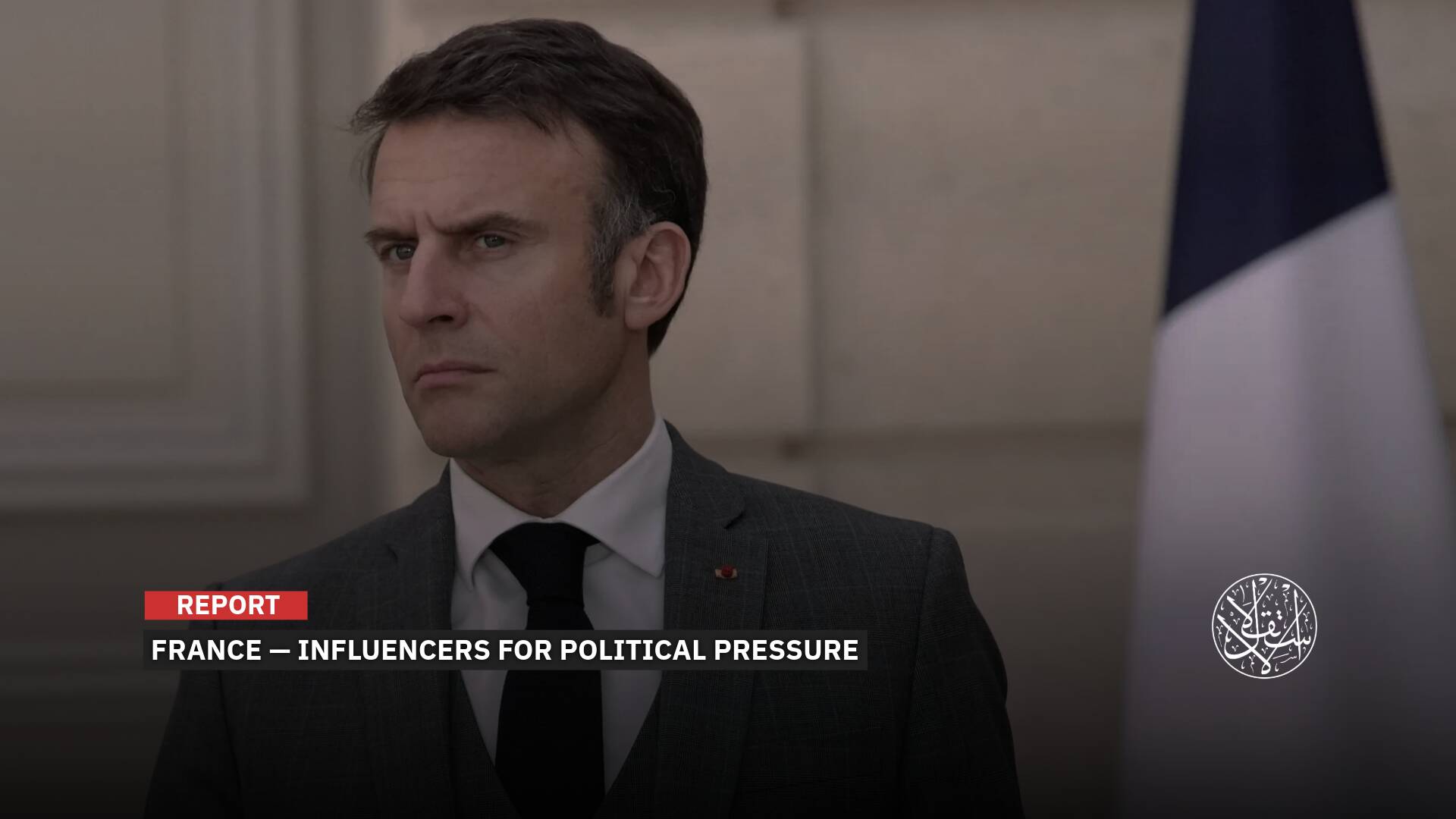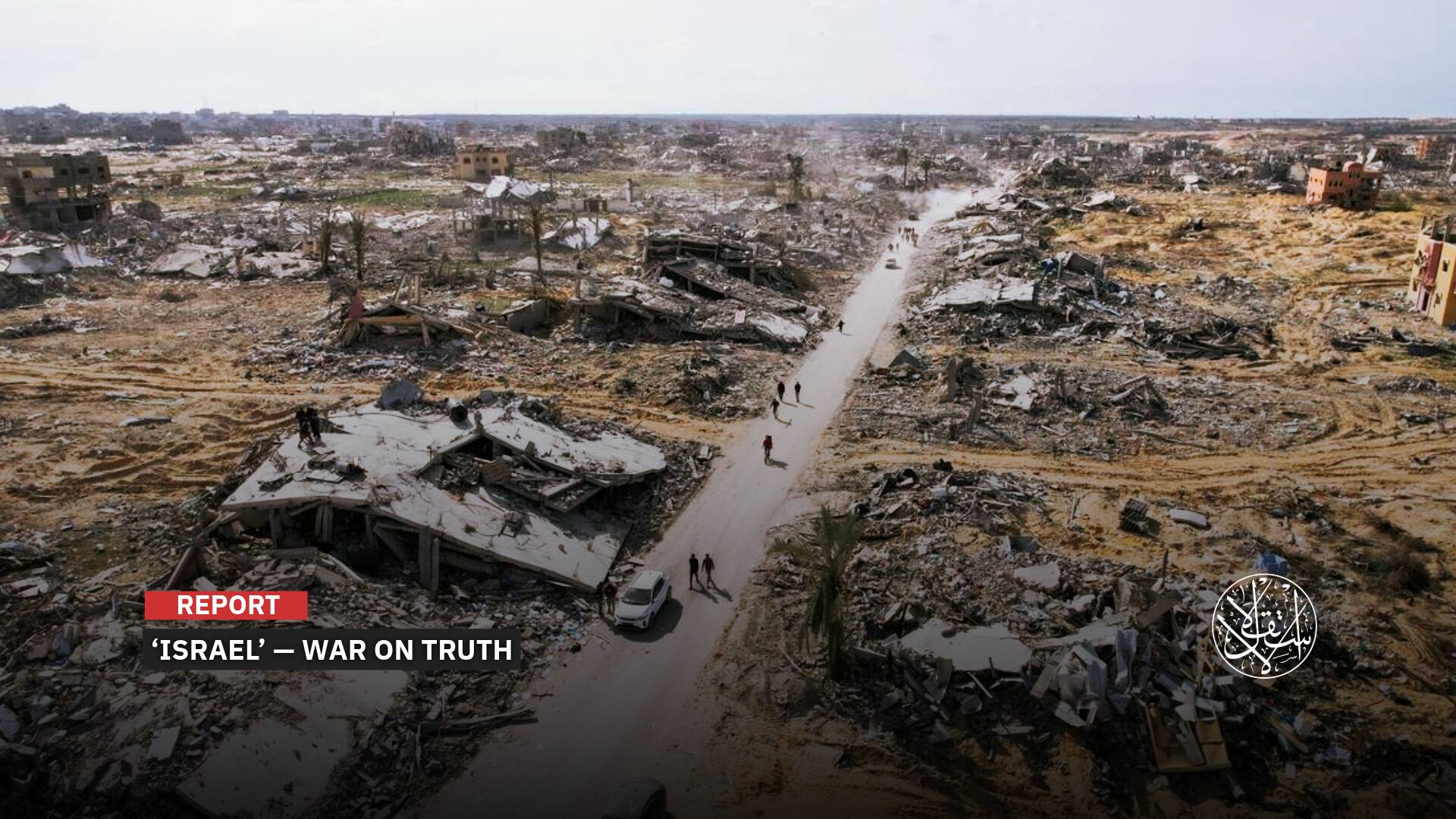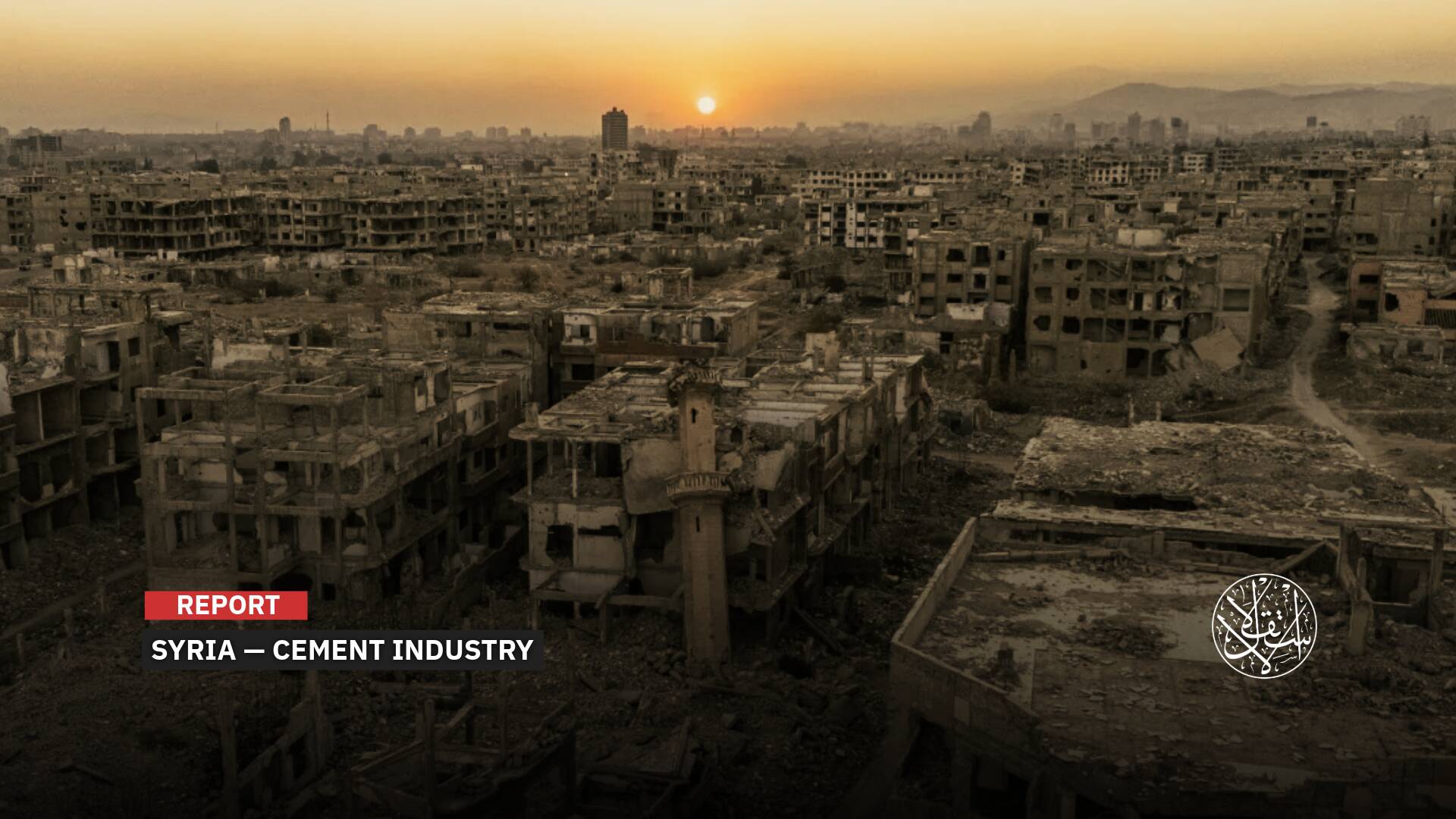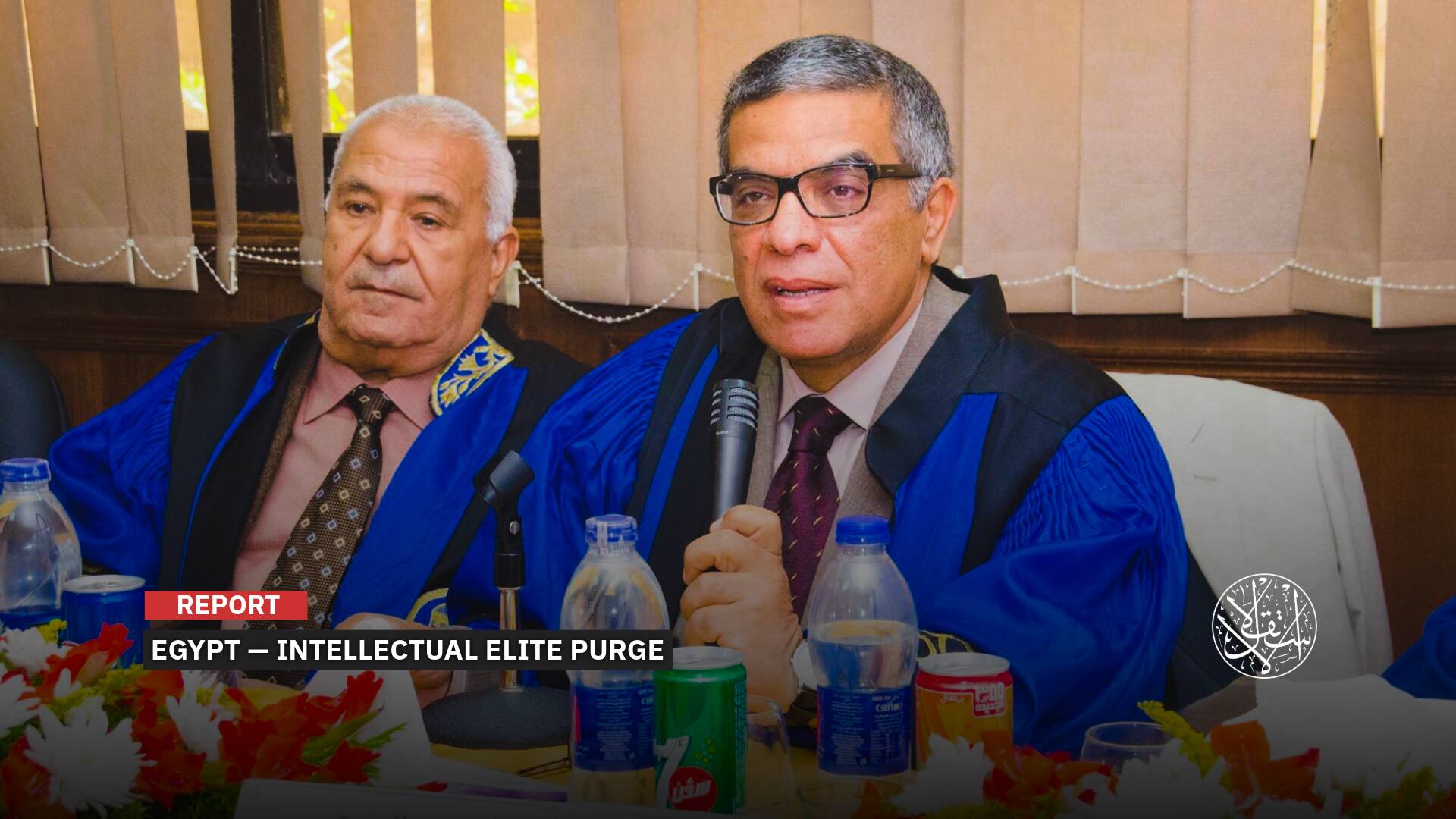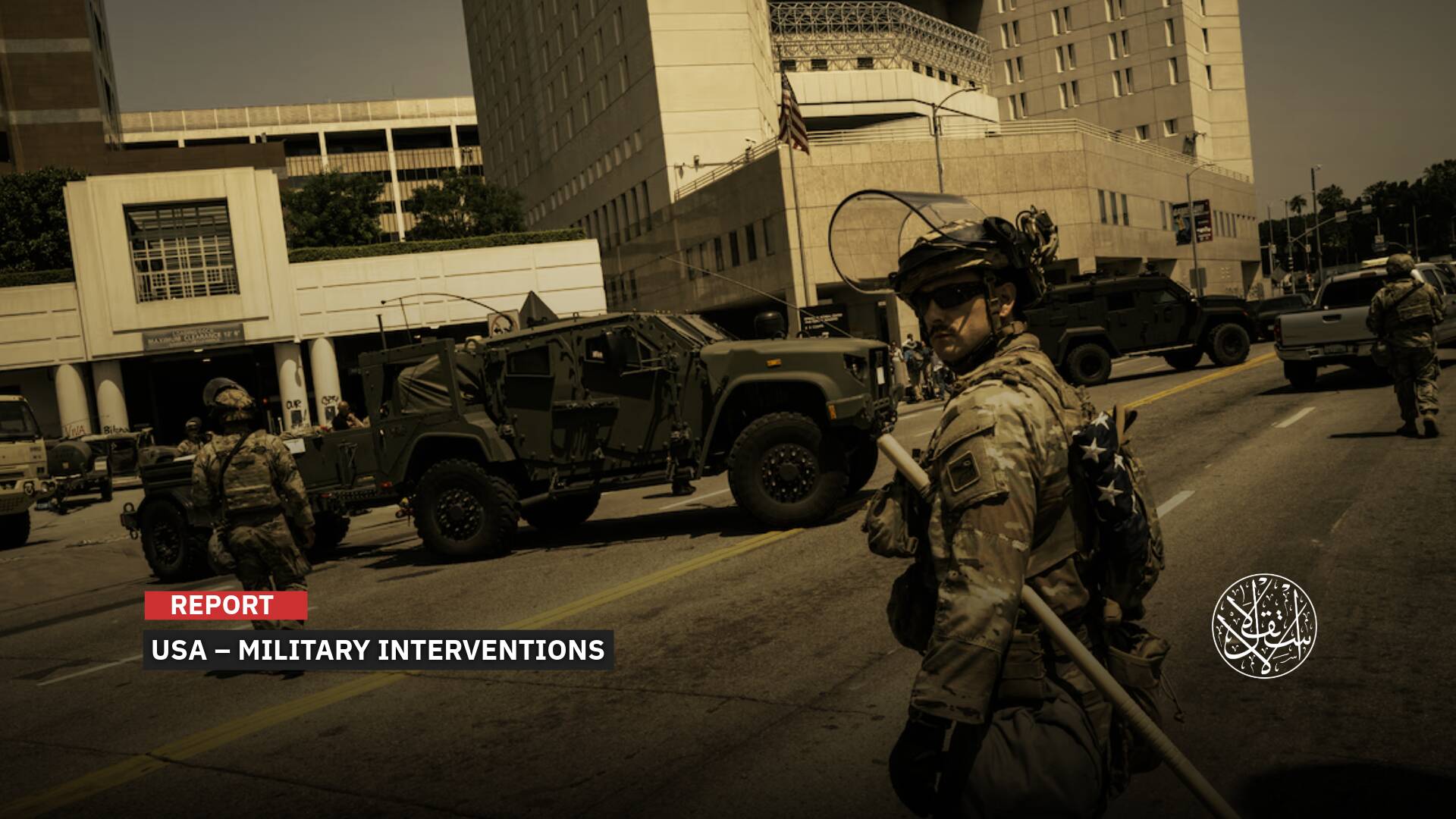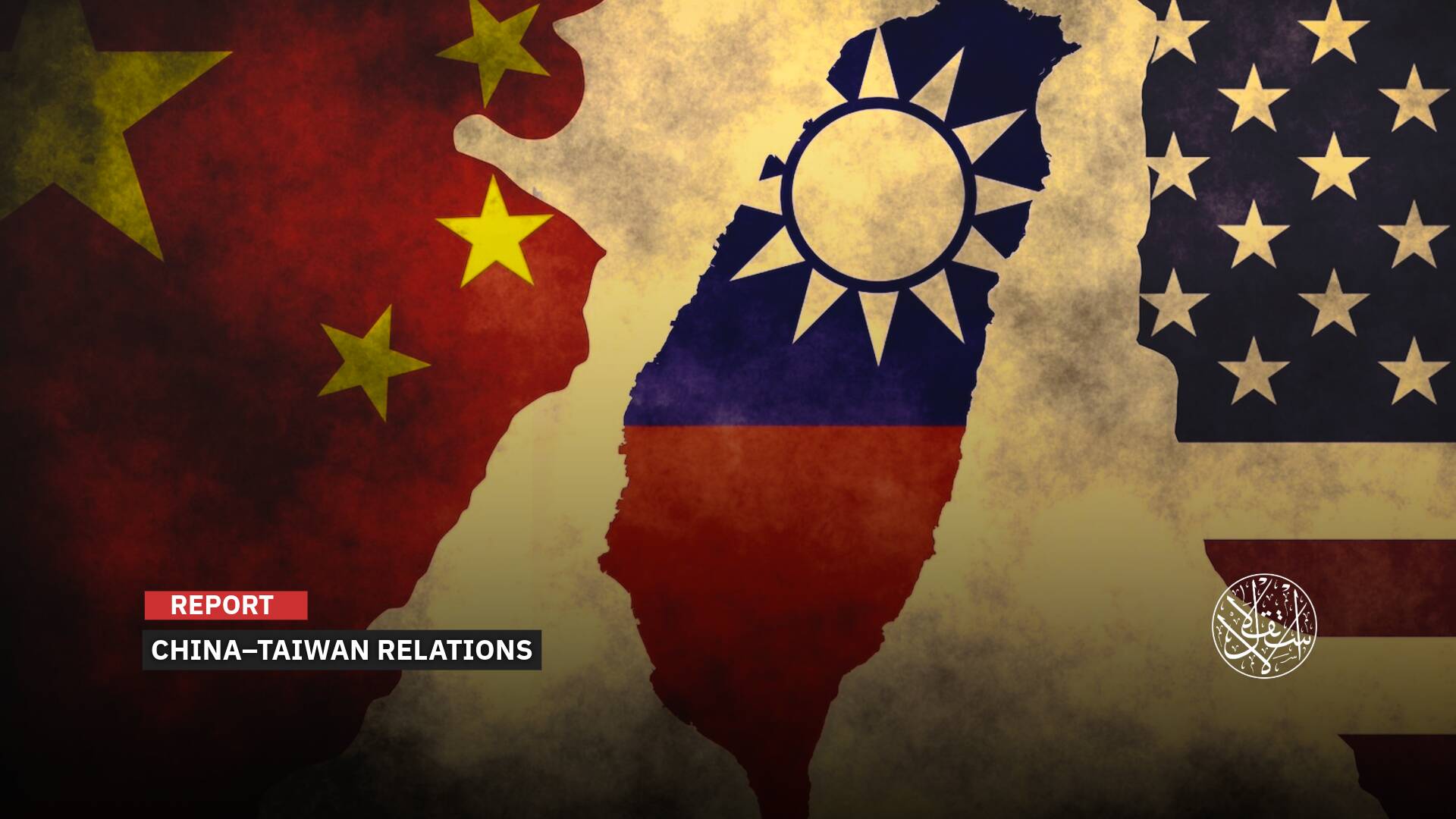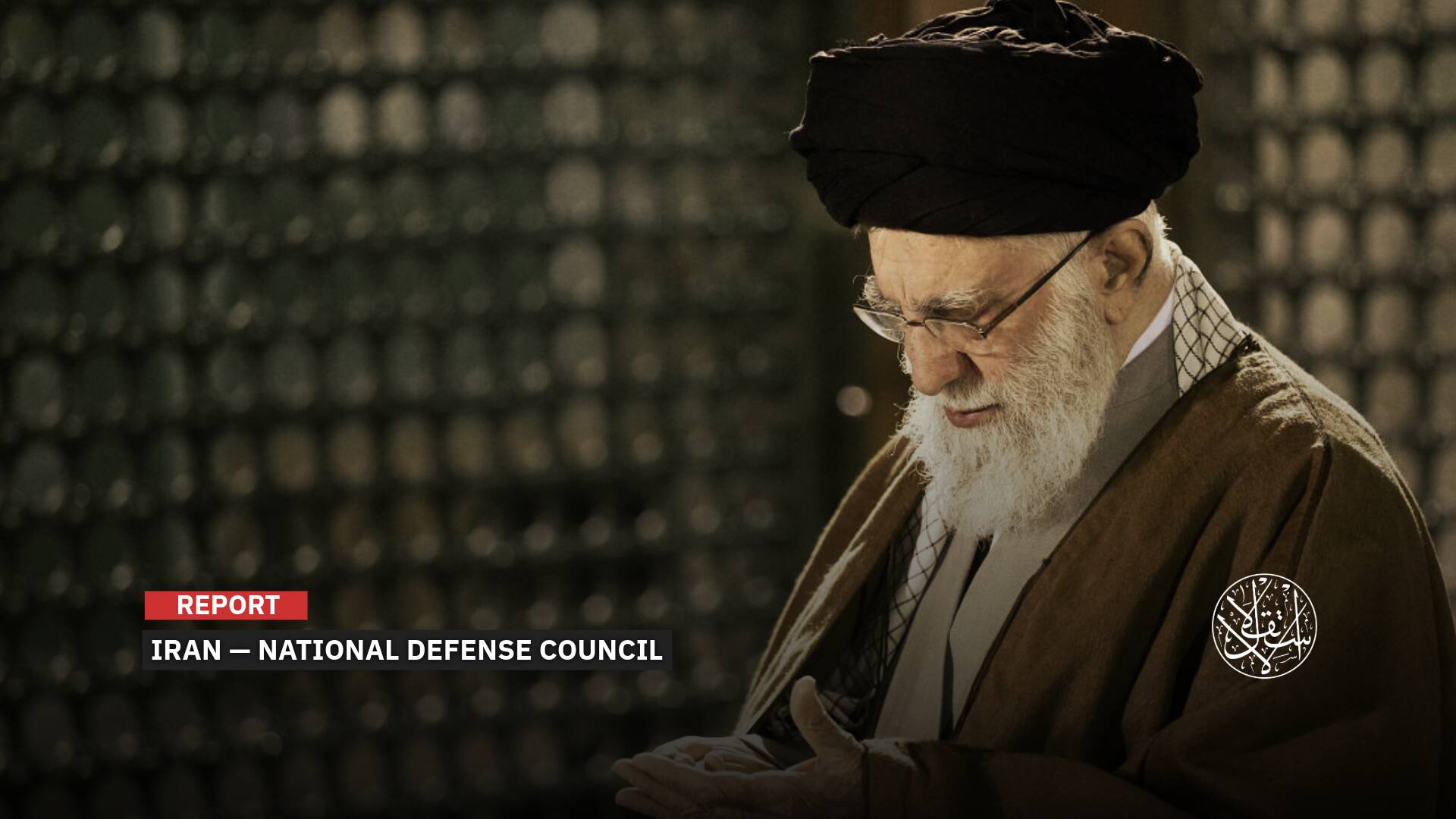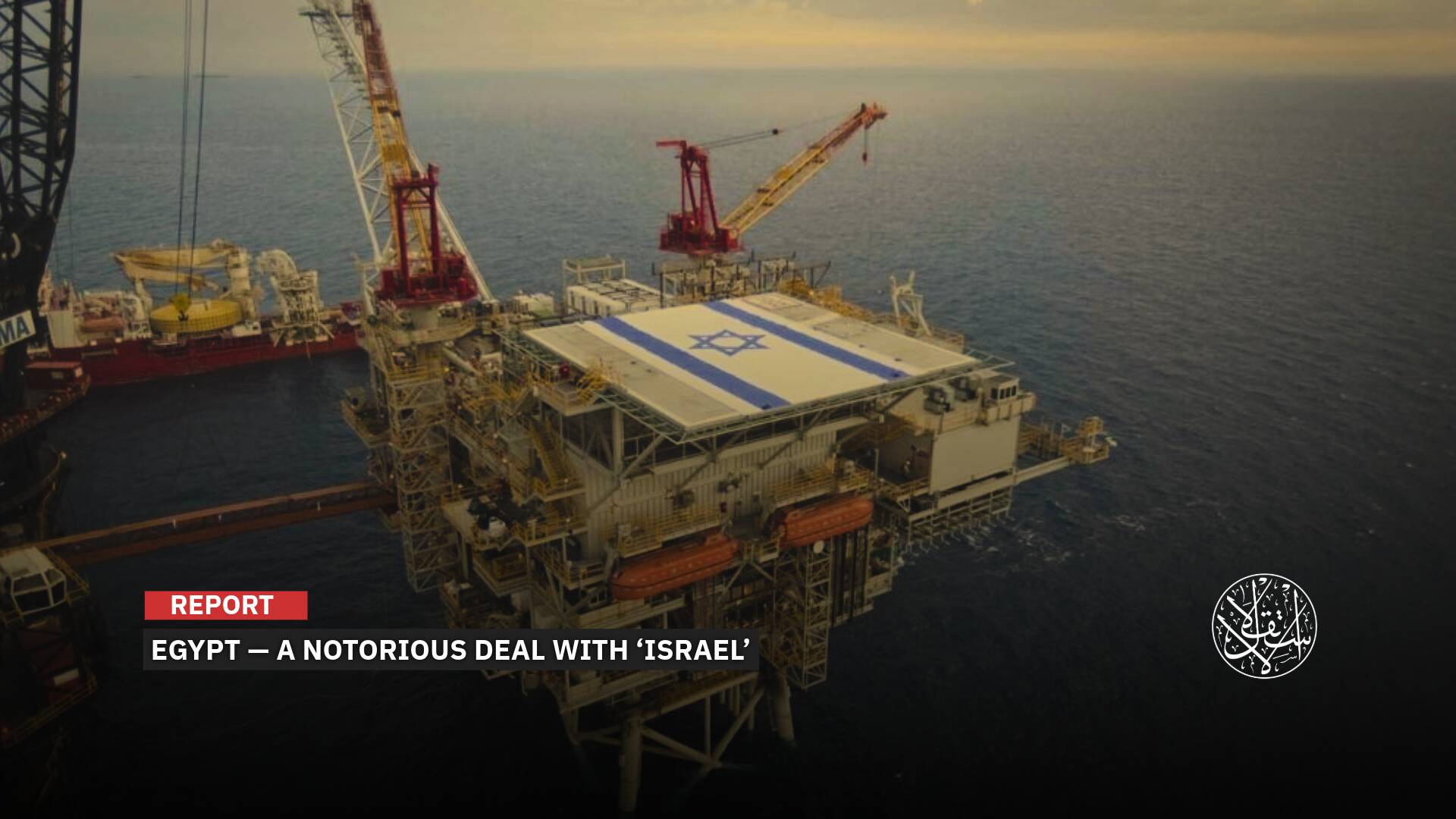Why Did Iran Decline Its Willingness to Host Afghan Refugees?
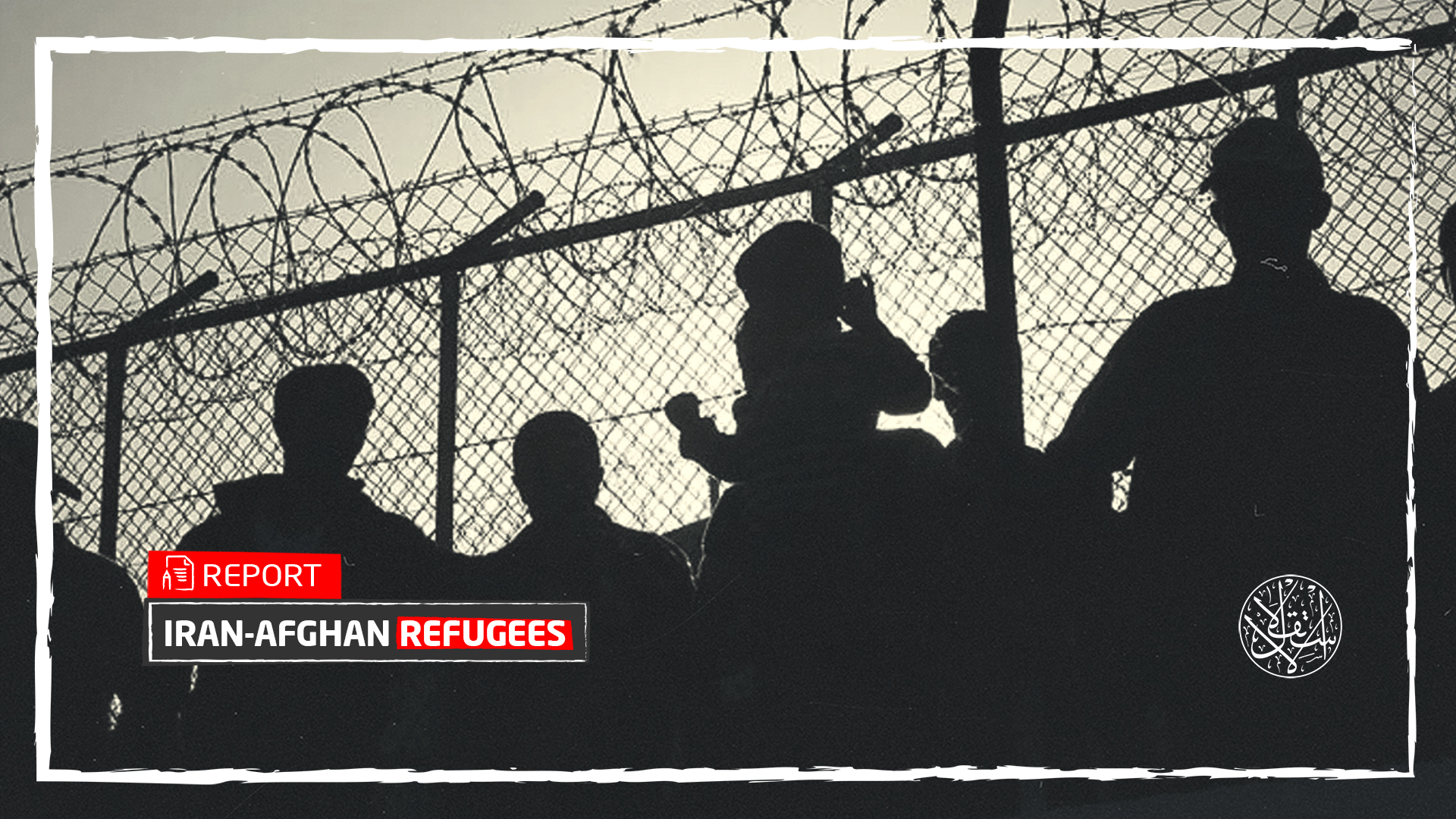
Although Iran plans to establish camps in border cities to accommodate Afghan refugees fleeing their country after the Taliban took control of the country on August 15, 2021, Iranian officials are currently calling to stop Afghan immigration “in any way possible.”
Iran hosts about 3 million Afghans, of whom only 800,000 are officially registered, according to data issued by the United Nations High Commissioner for Refugees. After the Taliban took control of power, some Afghans fled to Iran, but the security forces did not allow them to enter the country.
The shift in the Iranian position towards the Afghans after the takeover of the Taliban raises questions about the reasons that prompted the authorities in Iran to retreat from the step of containing the fleeing from Afghanistan and building camps for them on the border with it. Are there messages behind this?
Iranian Concern
On October 21, 2021, Iran's Interior Minister, Ahmad Vahidi, said that the Afghan immigrants who came to the border "are our Muslim brothers, but they must be content."
He added, "We urge the people of Afghanistan not to come to our borders, stay in their country, settle there and build their Islamic country," noting that "as long as we have asked the Afghan people not to come to our borders, and if they have any needs, we will provide them in other ways inside Afghanistan."
The Iranian Interior Minister stressed the need for the current Afghan officials to seek to ensure the security of their people and address their livelihood concerns, noting that his country "in this critical situation, hosts 3.5 million Afghan refugees."
Prior to that, Tehran's Assistant Mayor for Social and Cultural Affairs, Amin Tavakolizadeh, called on Iranian officials to stop the migration of Afghans to Iran "in any possible way" and to return the migrants to their country.
During a statement to the official Iranian news agency IRNA, on October 20, 2021, Tavakolizadeh said that Tehran was "saturated" with the presence of Afghan immigrants, and that the entry of new immigrants into the capital should be stopped.
He added that "the authorities are obligated to prevent the migration of Afghans to Iran as soon as possible, and the people who migrated and crossed the border should be returned to their country, because Tehran is not in a good position in this regard."
Tavakolizadeh noted that given Tehran's urban potential, "a new wave of immigrants cannot be accepted," stressing the need for "these immigrants to return legally, and we do not have to accept all immigrants or settle anyone illegally."
It is noteworthy that the new wave of Afghan citizens' asylum abroad began after the Taliban took control of the capital, Kabul, after the US withdrawal from the country in August 2021.
Weeks after the Taliban took control of Afghanistan, thousands of refugees tried to cross the border in search of refuge in Iran or to reach Turkey and European countries via Iran, but officials in Tehran announced that they had returned thousands of Afghan refugees after crossing the border.

Multiple Motives
Regarding the reasons for the shift in the Iranian position and the abolition of building camps for the Afghans, Muhammad al-Akkad, a researcher specializing in Afghan affairs, said that "there are several reasons for Iran to back away from building camps for Afghan refugees, or receiving them on its lands."
In an interview with Al-Estiklal, Al-Akkad said, "It can be said that economic factors are important in this context, as the increase in the number of Afghan refugees in Iran exacerbates the deteriorating economic conditions and may also affect poverty and unemployment rates."
The researcher considered that “security factors are also of great importance, as Iran is concerned about the possibility of fighters or terrorists infiltrating Iran disguised as refugees, and here we are talking about the Islamic State in particular, as the organization has launched deadly attacks against Shiites during the past weeks, and therefore Tehran considers that the organization will expand the scope of its attacks to target their depth.
Also, according to Al-Akkad, "Iran is using the refugee issue as a pressure card against the Afghan government or the West, as it was doing previously, it may have diminished its value, because the Taliban does not care and does not care much about this issue at the present time, and perhaps the same is the situation for the United States and the West in general.”
He continued, "In addition, Turkey is taking strict security measures against the migration of Afghans, and therefore it will be very difficult for refugees to cross into Turkey, and this is increasing the number of refugees in Iran."
Tehran tries from time to time to use the Afghan refugees residing in it for 42 years as a pressure card and a threat in negotiating with Europe.
According to Araqchi, these refugees can go to Europe, if Iran reaches a stage where it cannot continue to face the expenses, noting that "in this case, we can ask the Afghans to leave Iran, and European countries should do their part towards accepting Refugees, and Europe will have to either pay the expenses of hosting the refugees or receive part of them on its territory.”
Araqchi's statements at the time received great reactions from the Afghan government and on social media, which forced the Iranian official to retract them by saying: "They (the Iranian authorities) are preparing to offer new options to the Afghan immigrants."
In May 2021, Iran also brandished the Afghan refugee card, threatening to expel Afghan refugees and migrants, whose number is about 2.4 million, if Afghanistan signed a strategic security treaty with the United States, and the agreement was signed.
In response, Deputy Minister of Refugee Affairs in Afghanistan, Abdul Samad Hami, said that "Afghan refugees and migrants have become victims of a great political game between the Iranian and American powers."

Iranian Confusion
The statements of Iranian officials seemed confused about dealing with Afghans fleeing their lands after the escalation of conflicts in Afghanistan. On August 6, 2021, the security authorities announced the closure of the "Milk" border crossing in Sistan and Baluchestan, in the southeast of the country.
The commander of the Iranian Revolutionary Guard, Major General Hassan Salami, said during a statement on August 13, 2021 that "the open borders with Afghanistan are completely safe and there are no problems, and that the security forces have taken all necessary measures and are well prepared, and there is no cause for concern."
Although Tehran announced its intention to establish temporary camps in three provinces to absorb the waves of migration in the first days of the clashes in Afghanistan, it reversed its decision, fearing that this would lead to more waves of migration towards it, according to official statements.
In a statement on August 15, 2021, the Director-General of Border Affairs at the Iranian Ministry of Interior, Hossein Qasemi, said that Tehran "plans to provide temporary shelter for migrants at the border and return them to their country after conditions improve."
As for the Director General of the Immigration Department at the Ministry of Interior, Mahdi Mohammadi, he said a day after Qasemi on August 16, 2021, that "there is no basis for what is announced about the establishment of temporary camps on the border, and that these allegations would lead to new Afghan migrations."

Then, Qasemi returned to amend his previous statements in the form that Mohammadi had stated, and stated that "the security forces stationed on the Afghan border have instructions to prevent anyone trying to enter Iran."
The migration of Afghans to Iran began after the Soviet Union invaded Afghanistan in 1979, and continued for nearly 42 years as a result of the US occupation in 2001, internal wars and instability there.
Afghan immigrants in Iran were sending remittances of about $500 million annually to their country, a large sum for one of the world's poorest countries, and the money element will become more important as foreign aid diminishes with the departure of Western forces, according to a report published by Reuters in 2012.
Sources
- A sudden shift: Iran changes its attitude towards Afghan refugees [Arabic]
- Investigation-Iran expels Afghans as the struggle for influence in the region intensifies [Arabic]
- Tehran's deputy mayor calls for stopping Afghan immigration to Iran 'in any way possible' and returning migrants to their country [Arabic]


